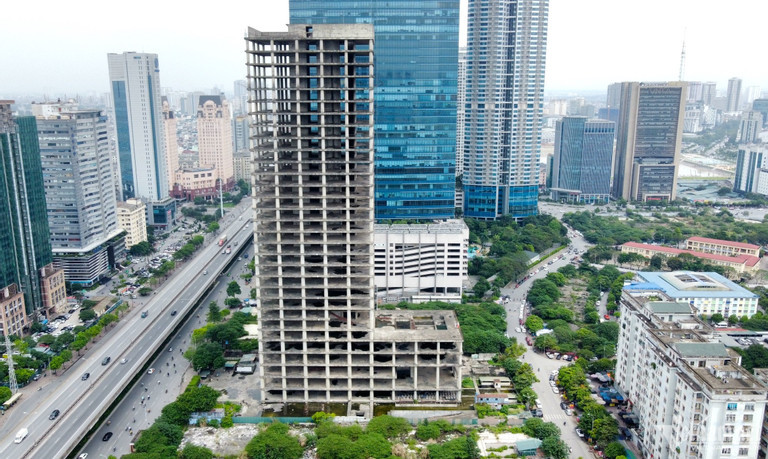
MOC has sent a report to the Ministry of Finance (MOF) on a plan on restructuring state-owned enterprises (SOEs) in which MOC acts as the representative of the State, or the owner.
Of the enterprises where the state holds 100 percent of charter capital, MOC has approved the plans on restructuring HUD in 2021-2025, and is considering a plan on restructuring Vicem. The plan is expected to be approved in the fourth quarter in 2023.
As for the SOEs where the state holds more than 50 percent of charter capital, MOC has approved plans on restructuring the Construction Machinery Corporation (Coma), Vietnam Machinery Construction Engineering Company (Lilama) in 2021-2025.
The plans have also been approved by the enterprises’ general meeting of shareholders.
In the case of the Hanoi Construction Corporation (Hacorp), MOC still needs more time to consider the restructuring plan.
According to MOC, the ministry, when building the plan on restructuring SOEs and enterprises with state capital in 2022-2025, sent a document to the Ministry of Planning and Investment (MPI), proposing the transfer of MOC’s state ownership representation rights at Hancorp to the State Capital Investment Corporation (SCIC).
However, the Prime Minister’s Decision 1479 does not mention the transfer, so MOC has once again requested MPI to report to the Prime Minister about this.
Under the plan on SOE equitization, divestment and state capital transfer in the construction sector, in 2022-2025 the state’s 100 percent ownership ratio in Vicem will be maintained. Meanwhile, the state ownership ratio in HUD will be reduced to below 50 percent and full divestment will be implemented at Viglacera, Coma, Lilama and Song Hong.
MOC hopes that the state’s capital in Hancorp will be handed over to SCIC for management rights in 2023.
Vicem and HUD are conducting the rearrangement, and are dealing with land and houses in accordance with regulations.
However, MOC has cited problems that hinder the equitization of corporations now under the ministry’s management. The amendment of the Land Law is one of them.
The other problems include difficulties in choosing consultants to identify the starting prices of enterprises because of the huge volume for appraisal.
The 100 percent state owned corporations and the corporations with the state’s capital contribution, when implementing divestment from second-class enterprises that are not public companies, or incur losses, cannot transfer capital under open auctioning according to current regulations.
Hong Khanh